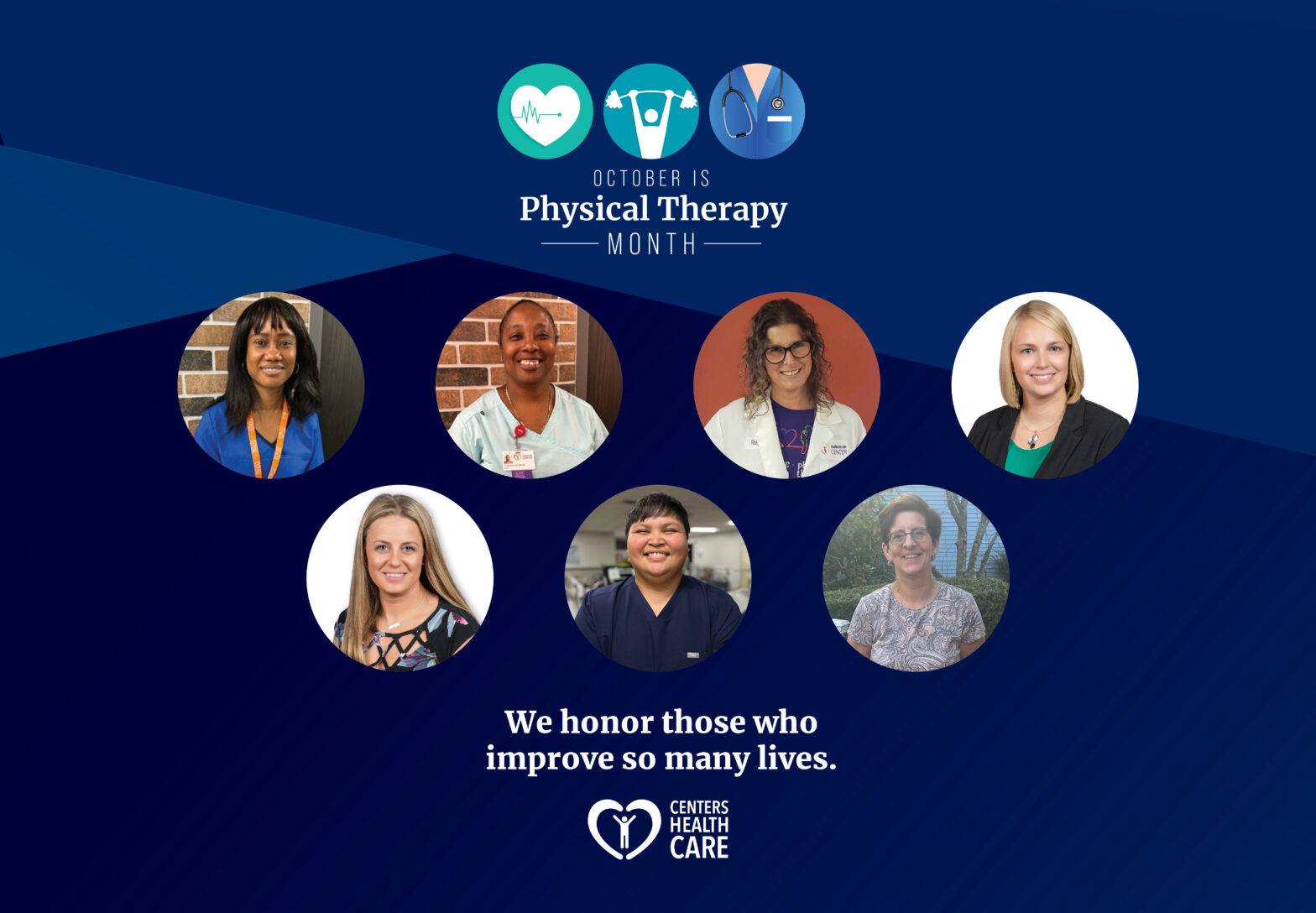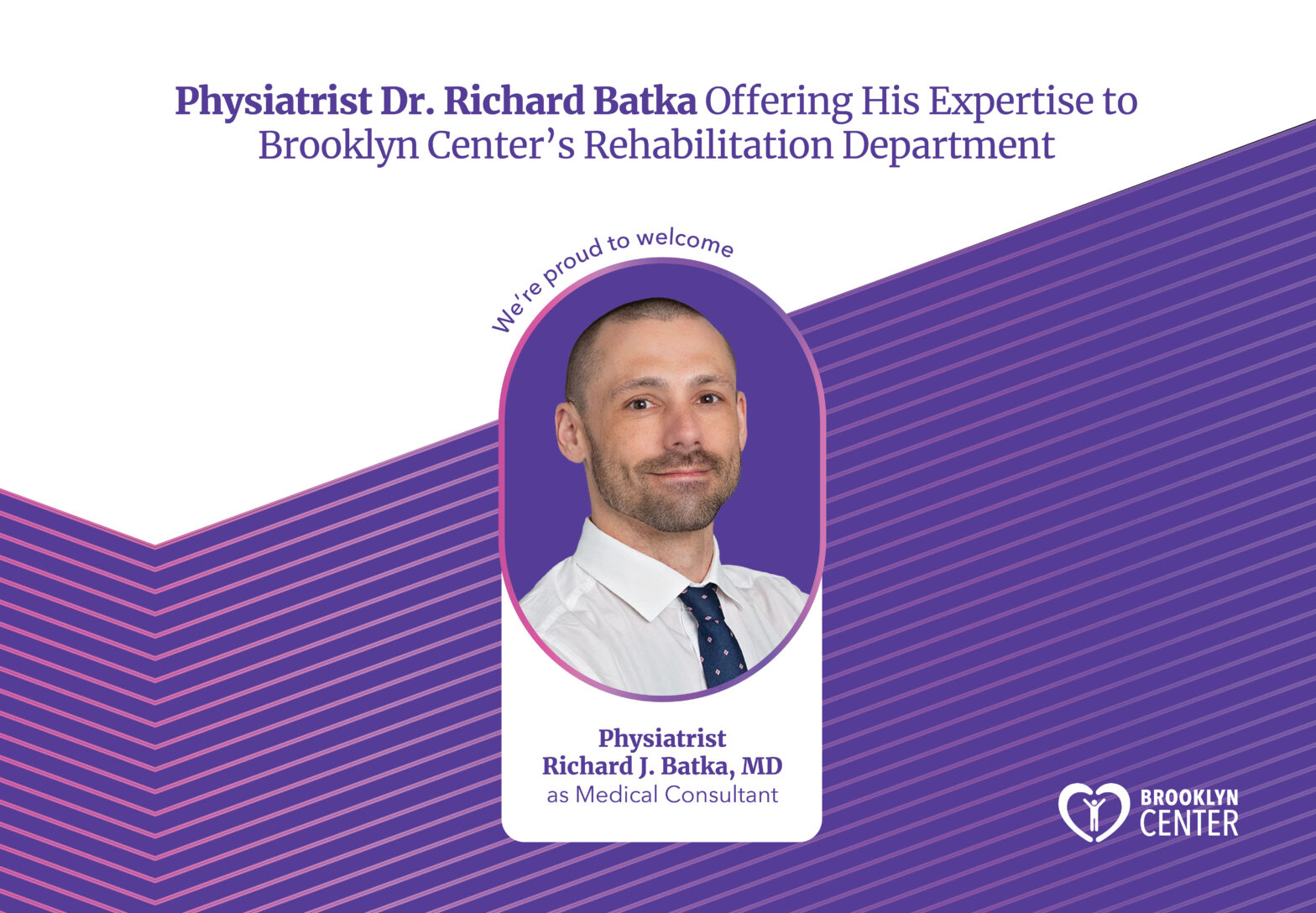December 21, 2021
Details on a Low-FODMAP Diet to Improve GI Distress

Having a gastrointestinal (GI) like irritable bowel syndrome (IBS) can be as frustrating as it is debilitating. There are many causes, which can sometimes be very difficult to discover.
One thing that doctors have zeroed in on, however, is reducing what’s called FODMAPs from your diet.
FODMAPs are a small group of fibers and sugars (carbs) that bring on abdominal pain and bloating. Taking these out of diets of those suffering from IBS have shown that symptoms can typically improve around 70%, according to recent studies.
Center’s Health Care details on common low-FODMAP and high-FODMAP foods so you can see if this method might work for you or someone you care for.
How Does the Diet Work?
The first step is to eliminate all high-FODMAP foods from your diet for two to six weeks. If you feel better after two to six weeks, start working a high-FODMAP food back into your diet every three days. This way, you will know which foods might be causing a problem for you.
High-FODMAP Foods
These foods can cause gas, pain, and bloating based on the way the gut bacteria ferments the carbs. Foods high in FODMAP include onions, garlic, mango, honey, lactose-rich products like milk and yogurt, cauliflower, broccoli, watermelon, wheat, rye, barley, apples, pears, and most beans.
Low-FODMAP Foods
These foods are very low in the specific sugars and fiber that cause IBS. Fortunately, meat, poultry, fish, and eggs are all low-FODMAP as long as they’re not prepared with ingredients that are high in it. Other foods that are safe include strawberries, pineapple, kale, spinach, carrots, oranges, cucumbers, oats, brown rice, quinoa, peanut butter, pumpkin, firm tofu, and lactose-free dairy products.


